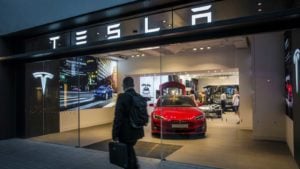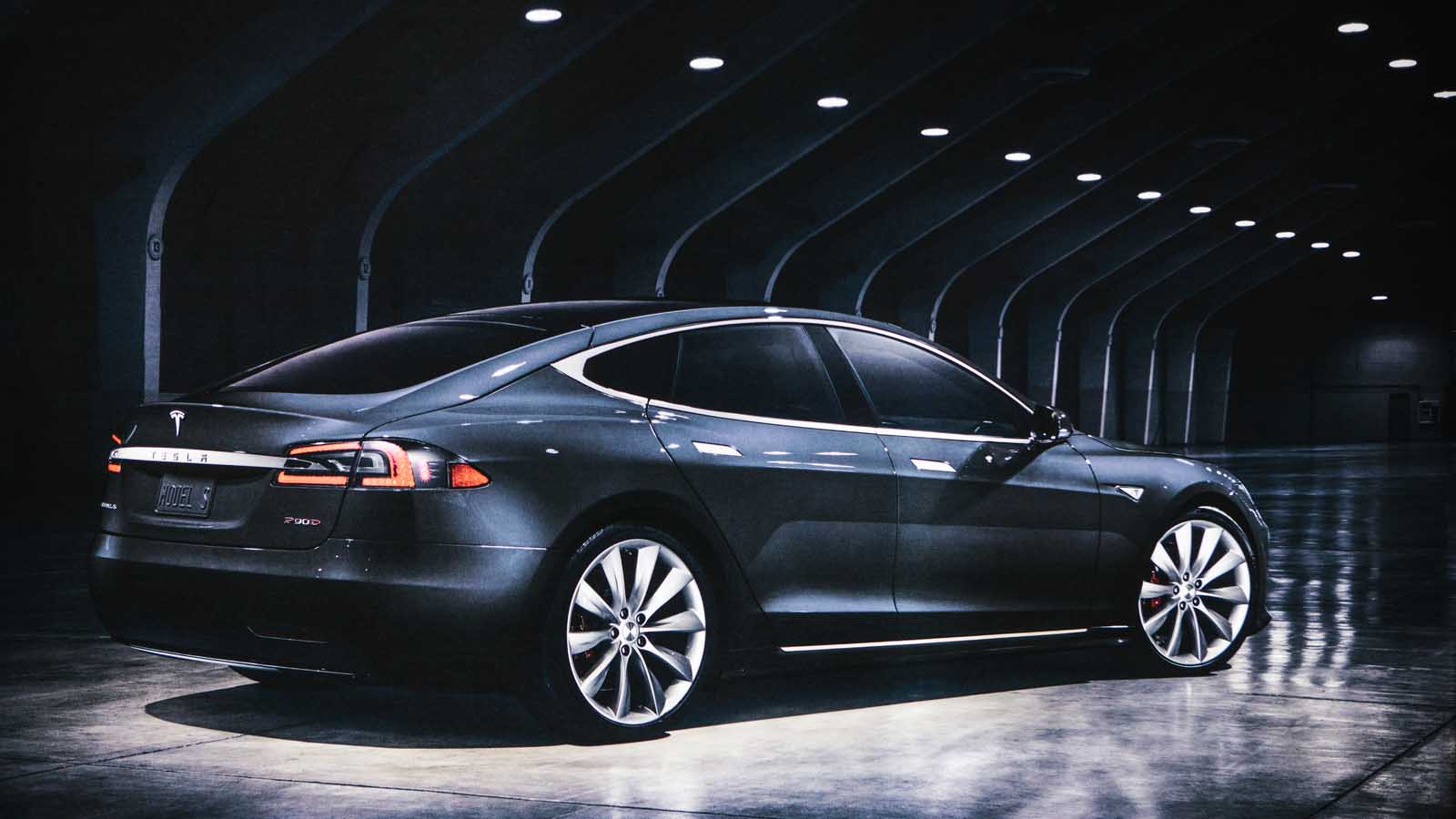On Thursday, Oct. 17, Tesla (NASDAQ:TSLA) stock gained 0.85%. For a stock as volatile as Tesla, that’s not much and volume in shares of the electric carmaker on that particular day was well below average.

However, that was the ninth consecutive day Tesla stock closed higher. That modest Oct. 17 showing added to the shares’ gains above the critical 200-day moving average, a technical indicator the stock hadn’t closed above since late in the first quarter.
Recent bullishness in Tesla stock is notable on several fronts, not the least of which is the fact founder and CEO Elon Musk, an executive with penchants for the bombastic and erratic, has recently been, well, less erratic. Moreover, this nine-day winning streak comes after the shares were drubbed earlier this month following disappointing third-quarter delivery numbers.
For the June through September quarter, TSLA delivered 97,000 new automobiles. That was above the consensus estimate of 94,000, whereas investors were whispering about a six-figure tally. Hence, the disappointment and subsequent sell-off in Tesla stock.
The silver lining with Tesla’s slack third-quarter delivery number is that the figure is out in the open, making it somewhat unlikely that investors will severely punish the stock following the Oct. 23 earnings update.
What’s Important Now Regarding TSLA Stock
What’s vital to the near-term fortunes of Tesla stock is Musk and management articulating a return to profitability. Remember that in the second quarter, Tesla sold more cars than expected, but somehow, it made less money. Put simply, this not the environment in which investors will forsake profitability in the name of growth and that is true across myriad industries.
If Tesla can right its profitability ship, it can be argued that there’s a “right place, right time” factor at play here because the climate change debate continues gaining momentum. That could help Tesla stock over the long-term. A recent Northwestern University study highlights the role electric vehicles can play in fighting climate change.
“In contrast to many of the scary climate change impact stories we read in the news, this work is about solutions,” said Northwestern’s Daniel Horton, senior author of the study. “We know that climate change is happening, so what can we do about it? One technologically available solution is to electrify our transportation system. We find that EV adoptions reduces net carbon emissions and has the added benefit of reducing air pollutants, thereby improving public health.”
Adoption is critical and for Tesla stock, that’s another moving part thesis. Tesla is essentially a luxury car company, so it needs car buyers to buy electric, decide they like electric and then trade up to TSLA because at Tesla’s price points, it’s an aspirational, not everyday brand. A recent University of Virginia study confirms that tax incentives play a critical role in drivers embracing electric vehicles.
“Our analysis shows that both federal and state tax incentives positively impact preference for electric vehicles and the provision of public fast charging infrastructure is especially key for increasing adoption of battery electric vehicles (and slightly less important for plug-in hybrid electric vehicles, which can operate in hybrid mode using gasoline once the all electric range is depleted),” according to the UVA study.
Bottom Line on Tesla Stock
Over the next few years, electric vehicle adoption is poised to increase in significant fashion, indicating that with Tesla stock still about 30% below its all-time high, there is some “value” to be had in the name for risk-tolerant investors. However, value is in the eye of the beholder because Tesla stock trades at almost 62x forward earnings.
In order for Tesla stock to be a long-term winner, Musk needs to boost margins and surprise, not disappoint on deliveries because headwinds are abound.
“Tesla will have growing pains, possibly recessions to fight through before reaching mass-market volume, and increased its debt levels by acquiring SolarCity to become a vertically integrated sustainable energy company,” according to Morningstar. “It is important to keep the hype about Tesla in perspective relative to the firm’s limited production capacity. Tesla’s mission is to make EVs increasingly more affordable, which means more assembly plants must come on line to achieve annual unit delivery volume in the millions.”
Todd Shriber does not own any of the aforementioned securities.
